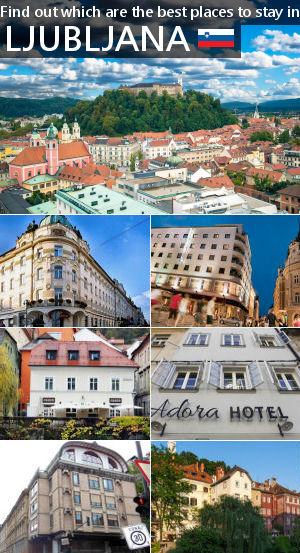Introducing The Miner’s House In Idrija
The history of Idrija’s days as a mining town is apparent in the numerous sights in the town and its surroundings. One such very interesting sight to visit, representing the former way of life of miners’ families, is the 18th-century Miner’s House, or Rudarska Hisa as it is called in Slovene. It stands in the Bazoviska street on a slope facing the town below, not far from Idrija’s town centre.
The Miner’s House and its ethnological collections which are on display in the house show the household and living conditions of miners and their families in the 18th and 19th centuries. Men in Idrija worked almost exclusively as miners in the mercury mine, the second largest mercury mine in Europe, while the women were busy taking care of the children and trying to make money with various domestic jobs, typically from knitting and lace making.
The Miner’s House was built at the end of the 18th century to cater for the large number of miners and has preserved all the main features of traditional architecture in the Idrija area. Almost the entire structure is built of wood, except for the stone foundations, stone cellar, interior kitchens, and vestibules. The upper parts of the external walls are made of wooden boards lined with laths, plastered and whitewashed. The roof is covered with fir boards. The house had four storeys with living quarters for three or four families. The lack of space forced families to live modestly. A good amount of imagination was needed to create sufficient sleeping space. The youngest child usually slept in a crib, two children in a drawer, and the rest of the children on a wooden bench with a backrest, or in a straw bed, while in summer young boys often slept in the attic. Most miners could not afford to have their own house with a vegetable garden, but were usually tenants in private homes and, after 1870, resided in apartment blocks called Prhauzi.
After undergoing complete renovation at the end of the 20th century, the house is now listed as a cultural monument. It holds great importance in Idrija’s cultural history and is administered by the Idrija Municipal Museum. The furniture and household equipment dates back to the first half of the 20th century.
The Miner’s House is open daily from 9.00 to 16.00. The entrance fee is €3 for adults, €2 for students and children.
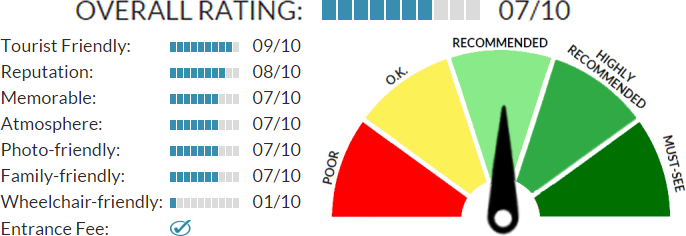
Miner’s House Pictures
7 high-resolution photos that will inspire you to visit the Miner’s House in Idrija!
The two photos below are from the Media library of I Feel Slovenia
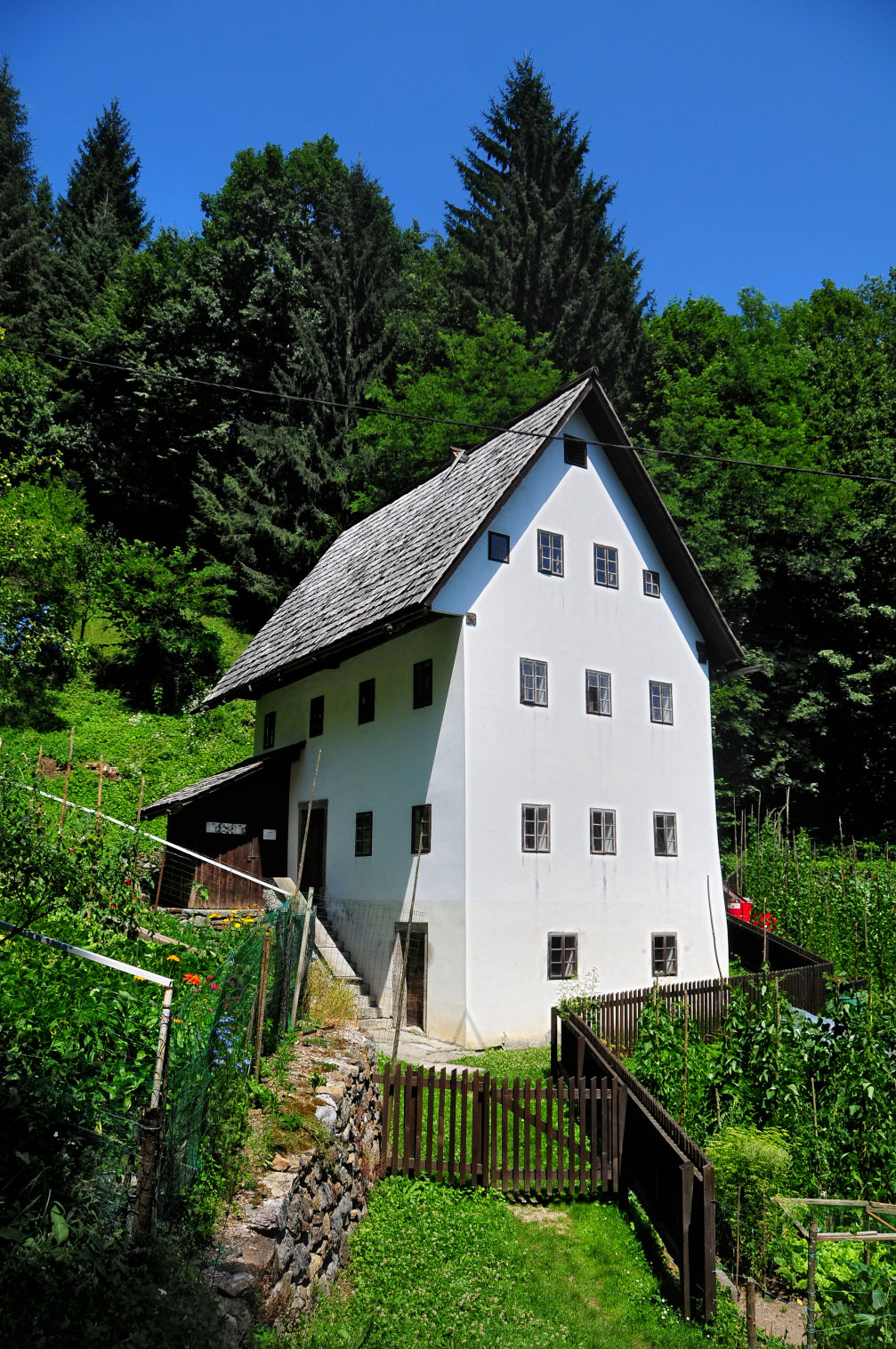
The Miner’s house from the 18th century standing at Bazoviska 4, not far from the town centre. (Image by Dunja Wedam)
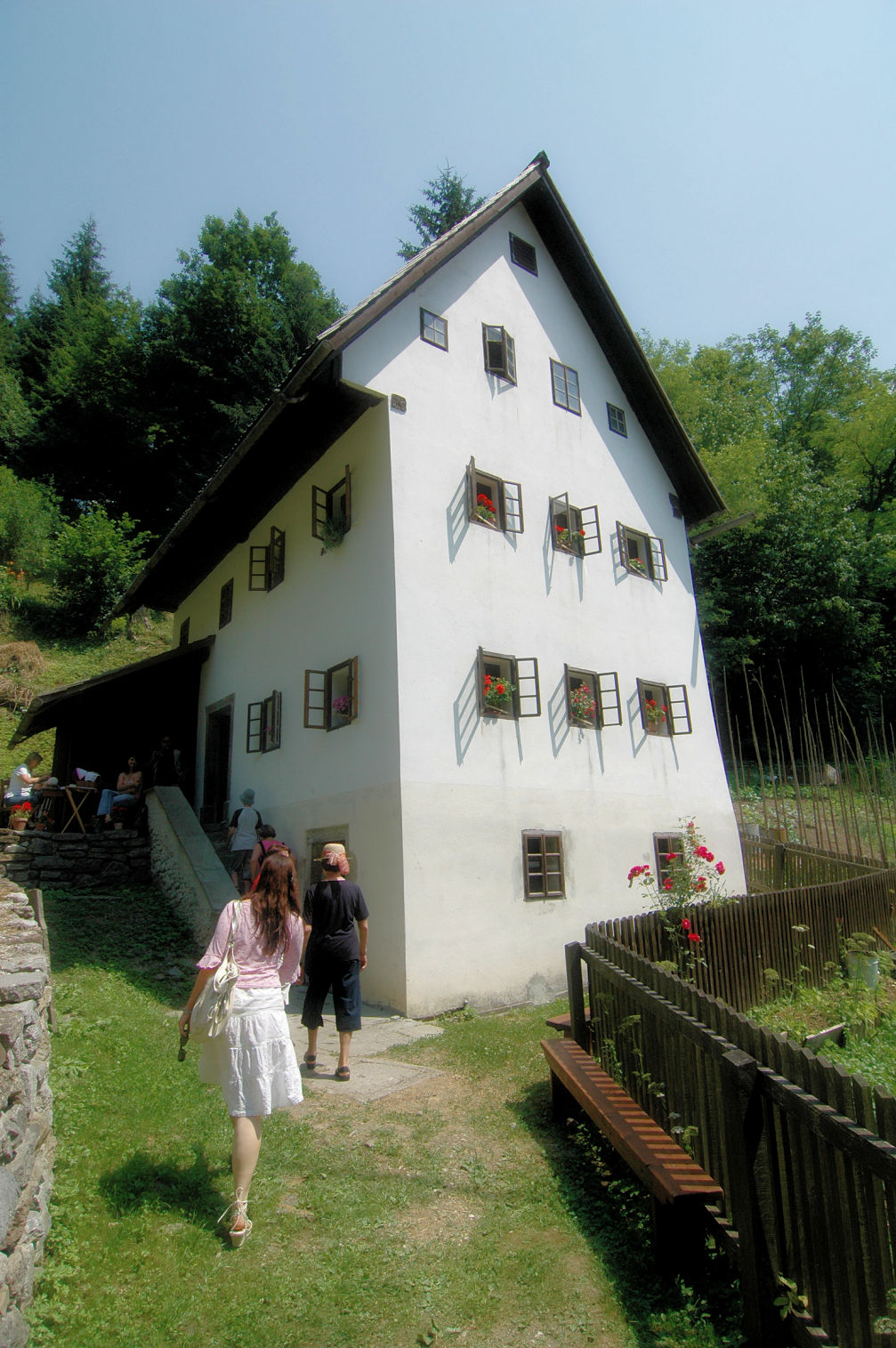
You can visit the Miner’s House accompanied by a guide from the Idrija Municipal Museum. (Image by Jani Peternelj)
Photos of the Miner’s House interior.
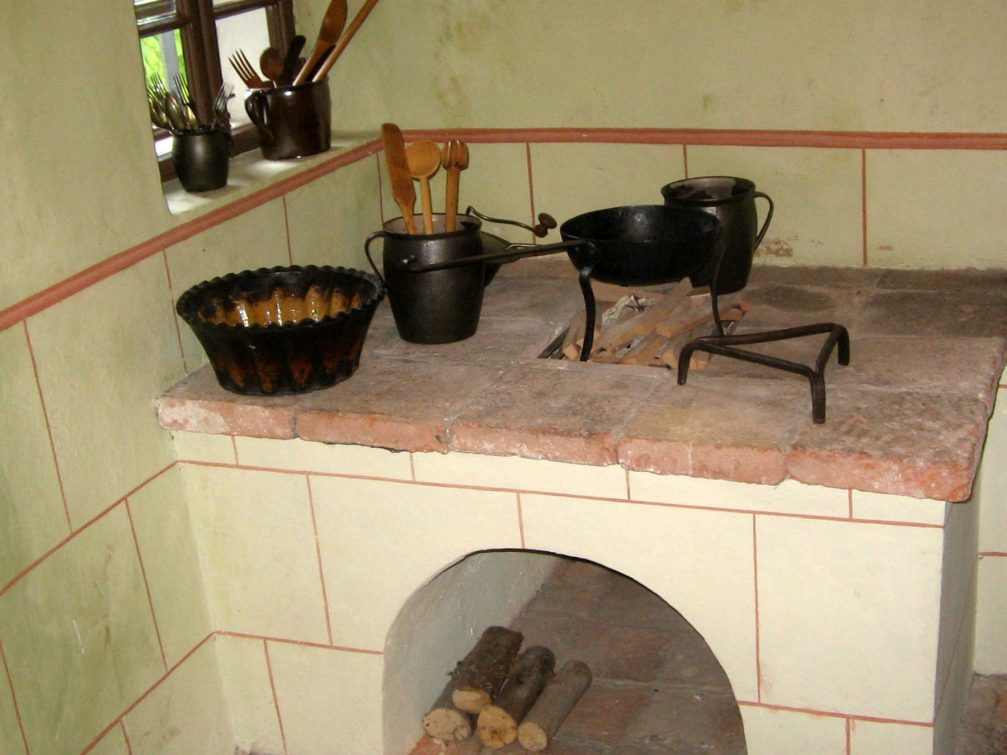
A fireplace. Image by Janez Novak / CC BY-SA 2.0
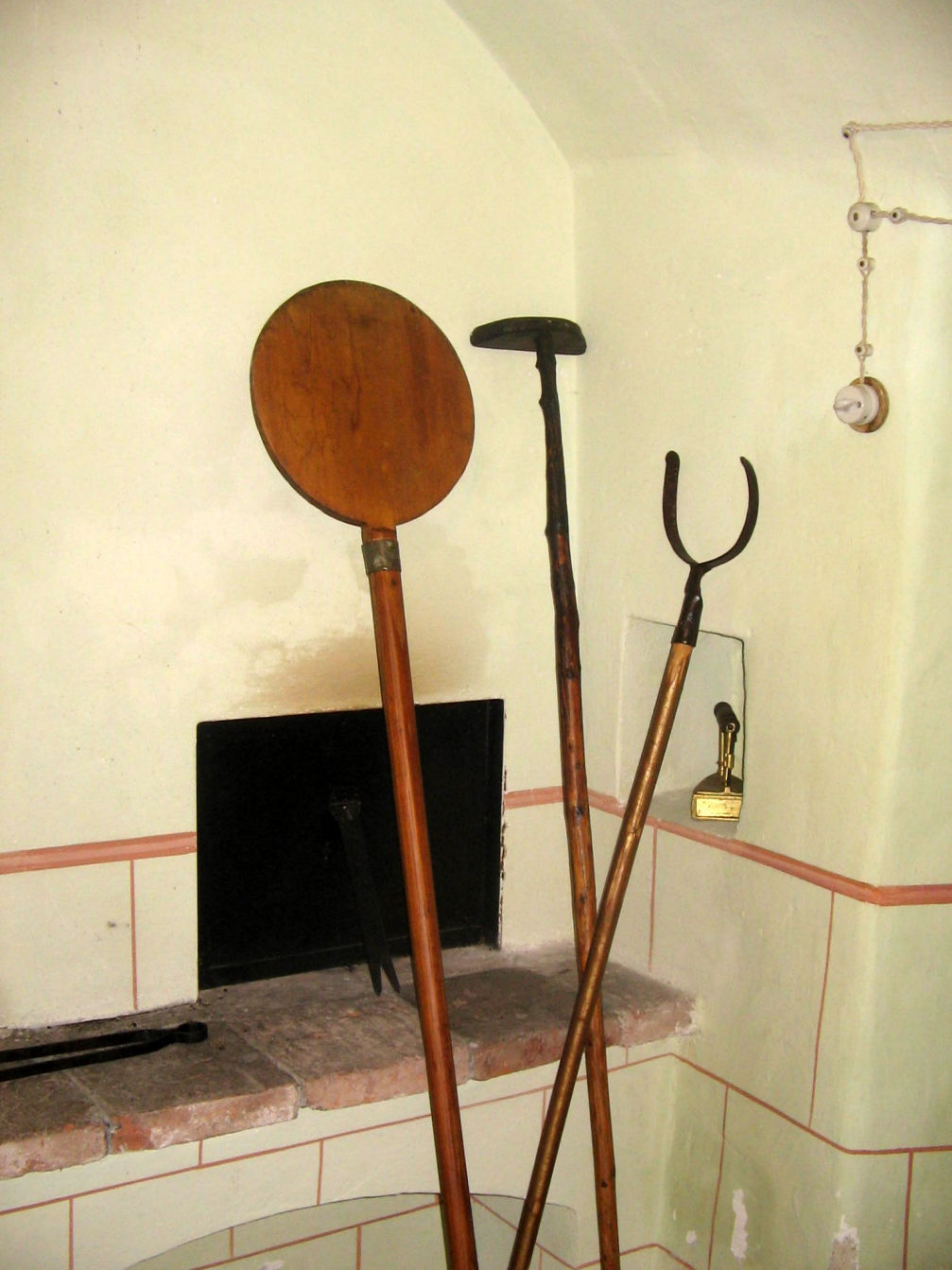
Bread stove tools. Image by Janez Novak / CC BY-SA 2.0
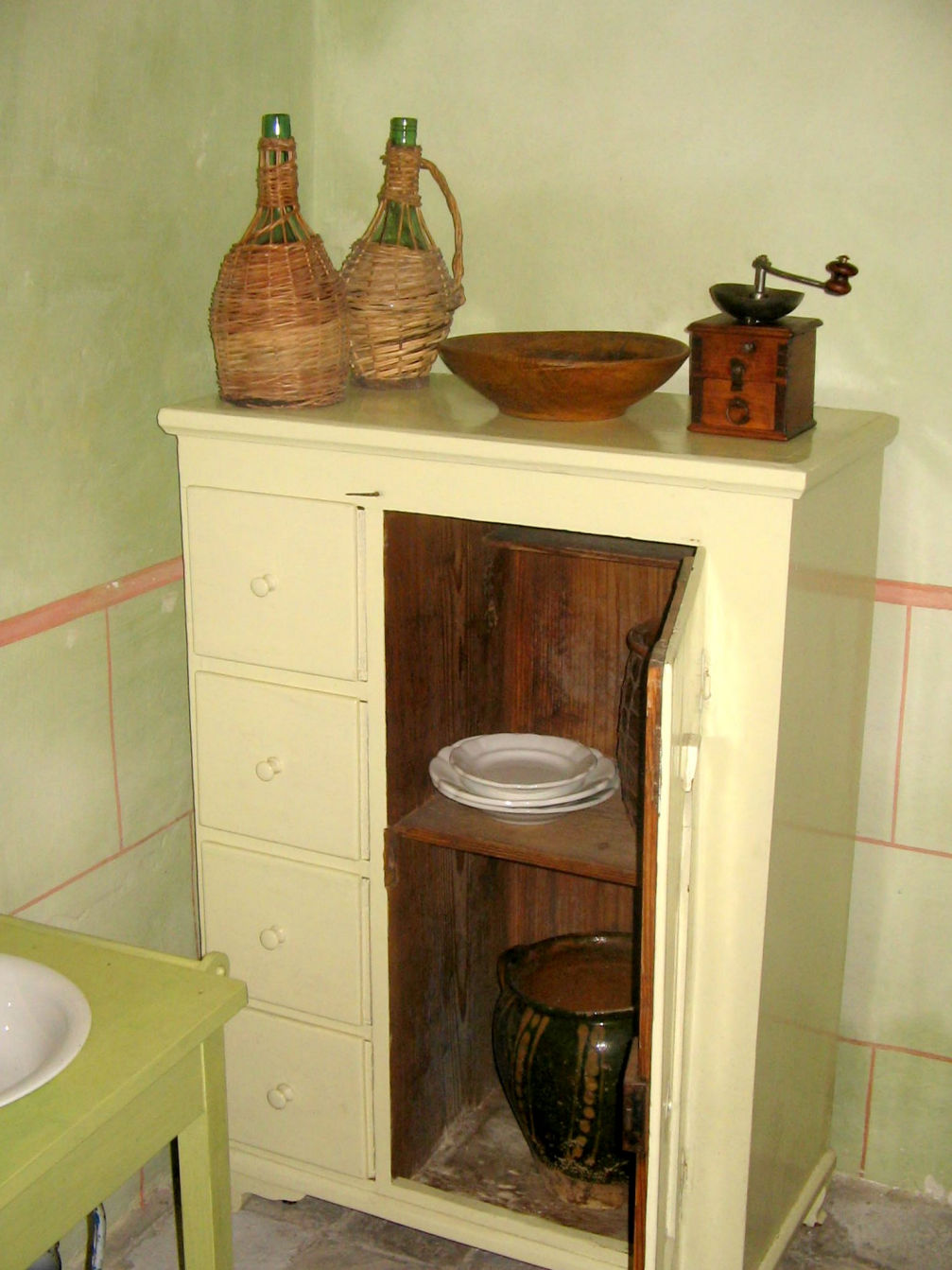
A small closet. Image by Janez Novak / CC BY-SA 2.0
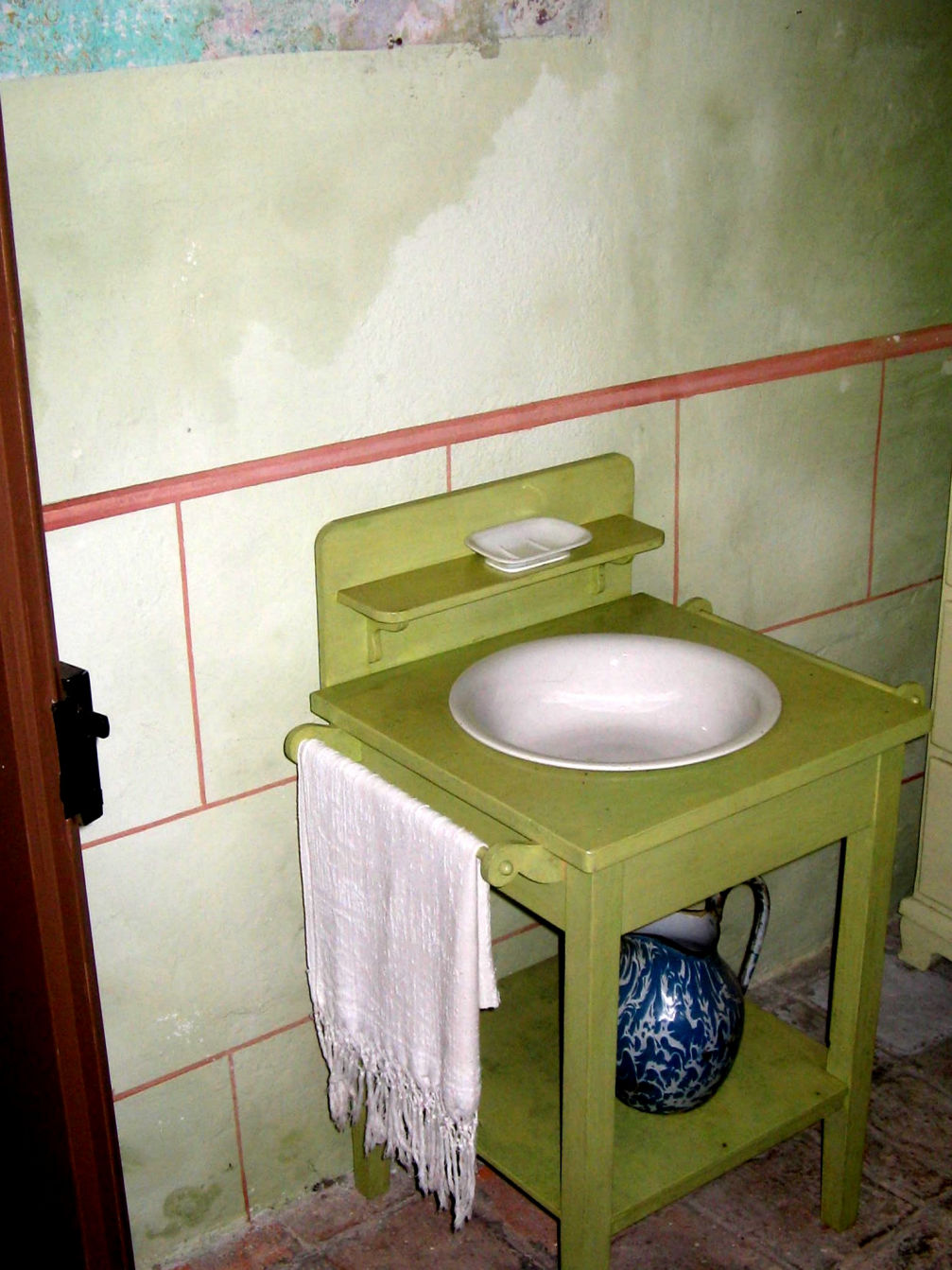
A sink. Image by Janez Novak / CC BY-SA 2.0
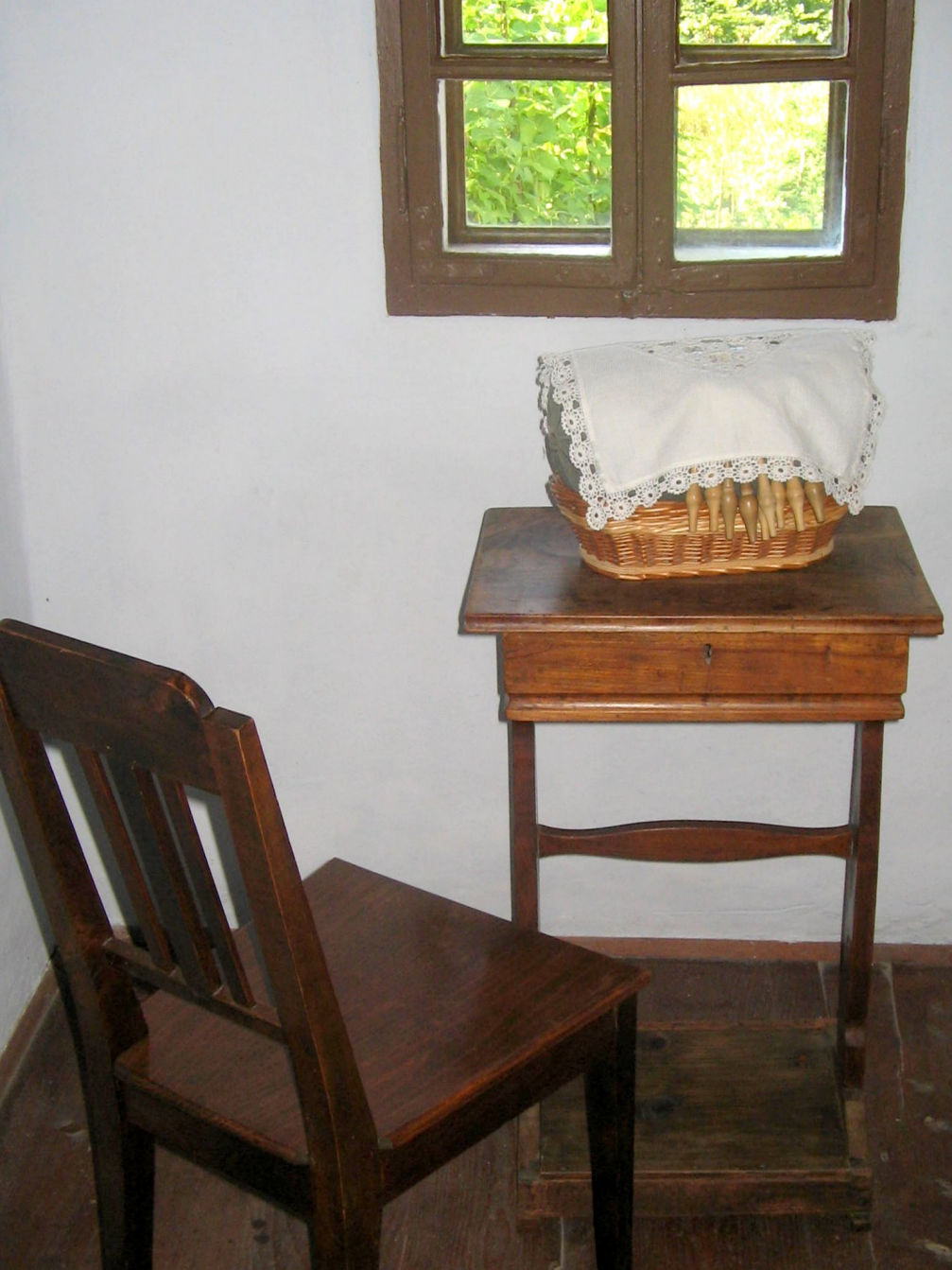
A table for lace making. Image by Janez Novak / CC BY-SA 2.0
Location of the Miner’s House in Idrija on the map
Address: Bazoviska ulica 4, 5280 Idrija, Slovenija
Latitude and Longitude Coordinates: 46.002865, 14.024256
GPS coordinates: 46° 0′ 10.314” N 14° 1′ 27.3216” E
Traditional region: Littoral (Slovene: Primorska)
Statistical region: Gorizia
Municipality: Idrija
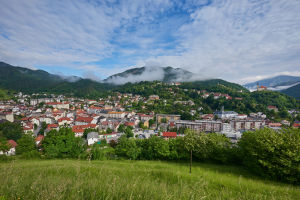 Idrija is a lovely small town with a population of just under 6,000 in western Slovenia that lies at the base of a valley, amid green hills and is crossed by the Idrijca river. It has a typical central-European architecture and you can see a strong influence of the Austro-Hungarian empire, especially in the town's main buildings. Today, Idrija is best known for three things: a mercury mine (the reason for Idrija's spot on UNESCO's World Heritage list), intricate locally made lace and zlikrofi (a traditional Slovenian dish from Idrija). |
| |
|---|
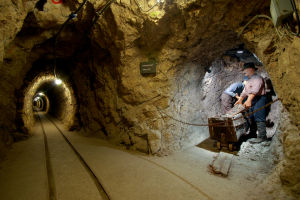 Overall Rating: The history of mining in Idrija dates back to 1490. Until the First World War Idrija's Mercury Mine was one of the best technically equipped mines in Europe. In 1986 the decision was made to close the mine. Today, visitors can tour a portion of the closed mine, called Anthony's Shaft, and learn about the difficult conditions endured by the mercury miners from the end of the 15th century till the end of the 20th century. |
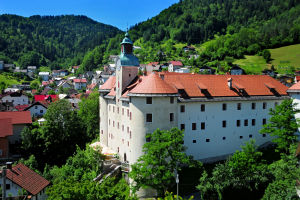 Overall Rating: The Gewerkenegg Castle stands atop a small hill on the western edge of the small mining town of Idrija in western Slovenia. It was built between 1522 and 1533 to serve as the administrative headquarters of Idrija's mercury mine. Today, the castle houses the award-winning Idrija Municipal Museum featuring the excellent collections which deal with mercury, lace and Idrija's history.. |
 Overall Rating: One of the most interesting examples of mining technology that still exists in Idrija is the Kamst, an impressive waterwheel made of wood in 1790 to pump the water out of flooded mineshafts below. With a diameter of 13,6 meters, it is the largest preserved wooden waterwheel in Europe. It operated uninterrupted for 158 years until 1948. It stands on its original location in a stone building on the western outskirts of town. |
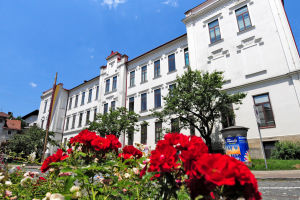 Overall Rating: The Idrija Lace School is a recognized and valued institution among professional circles in Europe. It offers quality education for students and adults in lace-making, maintains and develops this rich treasury of knowledge, and consequently enhances the quality of the lace produced in Idrija. In the school, there's a showroom where visitors can see the remarkable pieces made by students of the school. There's also a small shop with items for purchase. |
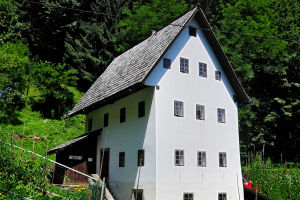 Overall Rating: The history of Idrija's days as a mining town is apparent in the numerous sights in the town and its surroundings. One such very interesting sight to visit, representing the former way of life of miners' families, is the 18th-century Miner's House, or Rudarska Hisa as it is called in Slovene. It stands in the Bazoviska street on a slope facing the town below, not far from Idrija's town centre. |
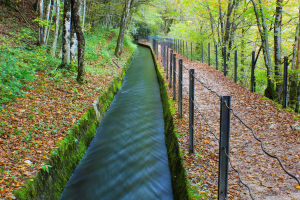 Overall Rating: The Rake water channel in Idrija was built at the end of the 16th century to support the mercury mine operations. Initially, the water channel was wooden, but in the second half of the 18th century it was enclosed with stone. Along the water channel, there's a two-and-a-half-kilometre-long nature learning path unveiling Idrija's treasures of geology, flora and cultural history.. |
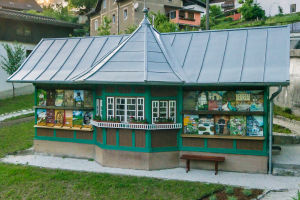 The Idrija Municipal Apiary stands behind the Church of the Holy Trinity, only a short walk from the center of Idrija. This highly crafted and extremely well executed and painted apiary is one of the most important structures of Slovene beekeeping. It was built in 1925 and completely renovated in 2013. |
| |
|---|
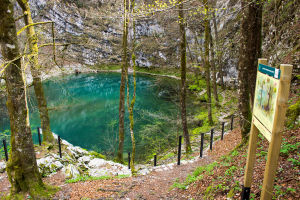 Overall Rating: Wild Lake or Divje Jezero as it is called in Slovene is a very unique and mysterious karstic lake located in Idrijski Log near the town of Idrija in western Slovenia. Since 1967, the lake has been protected as a natural monument of national significance of Slovenia. In 1972, the area of the lake was arranged into the first Slovenian outdoor museum in nature. In 1997 divers descended to 170 meters (558 feet), yet did not reach the bottom. |
| The accommodation options in Idrija can be divided into six main categories: hotels, guest houses, B&Bs, apartments, farm stays and hostels. |
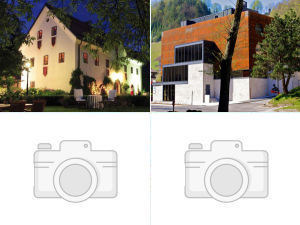 There are two hotels in the Idrija area. We have reviewed and rated them both, so, if you're planning to visit Idrija and would like to stay in a hotel, read on and find out which one best suits your needs. |
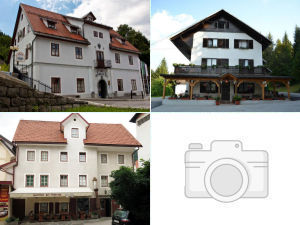 Guest houses are a very popular form of lodging in Slovenia and have been in use for many decades. We stayed at four different guesthouses in the Idrija area and would like to recommend two of them. |
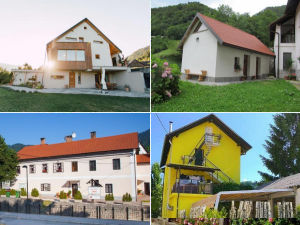 If you like complete privacy, comfort, want to be able to cook your favourite meals, or just look for a cheaper and better alternative to hotels, then Idrija apartments are meant for you. They usually have nice modern furniture and all the necessary equipment, including a well equipped kitchen and a modern bathroom. |
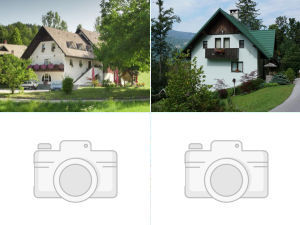 Bed and breakfasts are an inexpensive and relaxing alternative to a classic hotel for your stay, but currently we can recommend only one B&B in Idrija. |
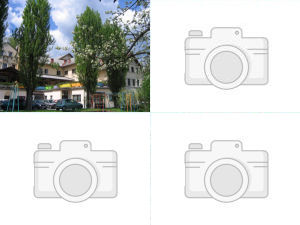 Idrija is a small town and only has one hostel. Find out if it suits your needs. |
 Farm stays are a great way of bringing your family together and experiencing another way of living. Find out which farm stay in the Idrija area we recommend! |


